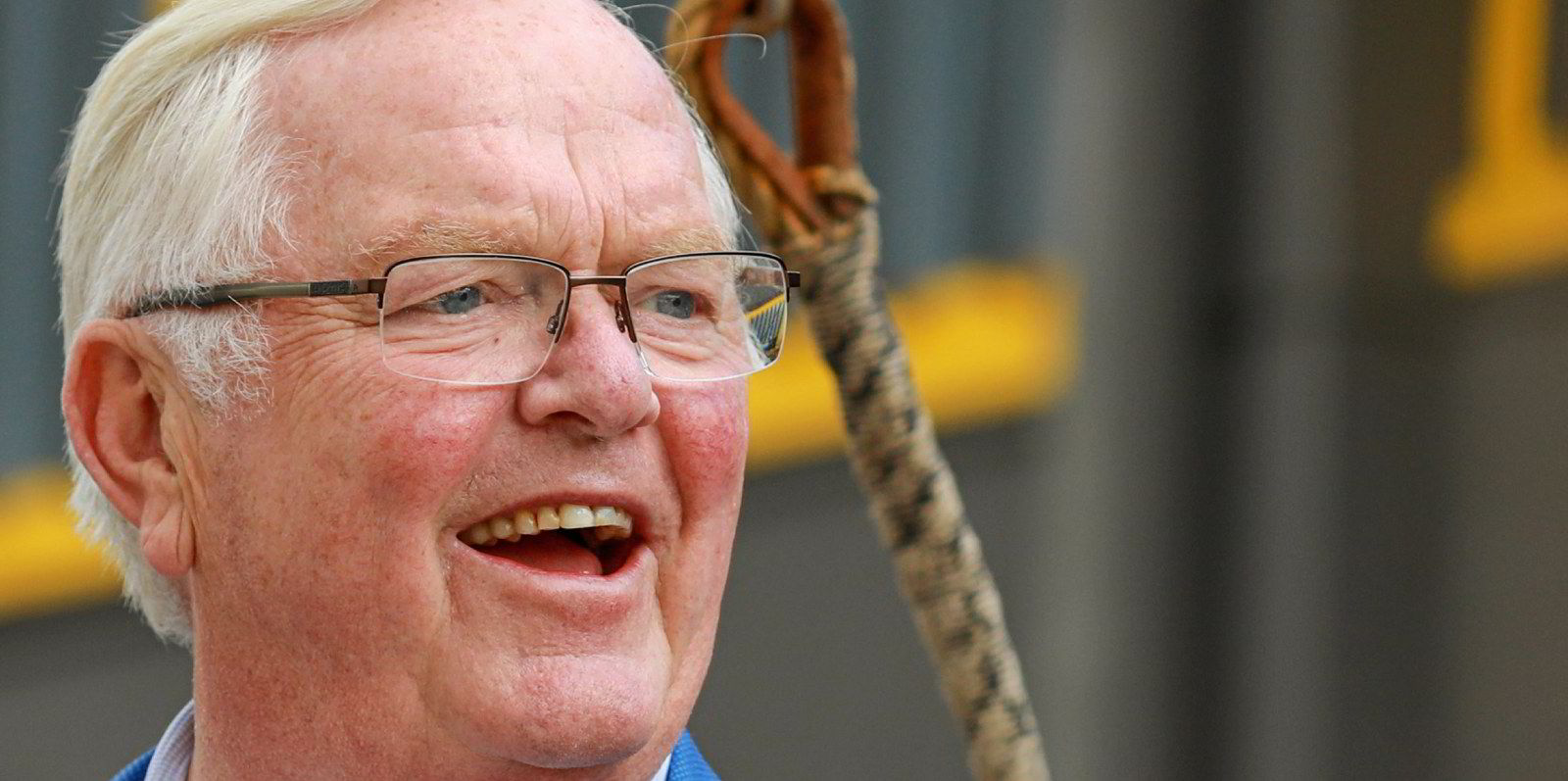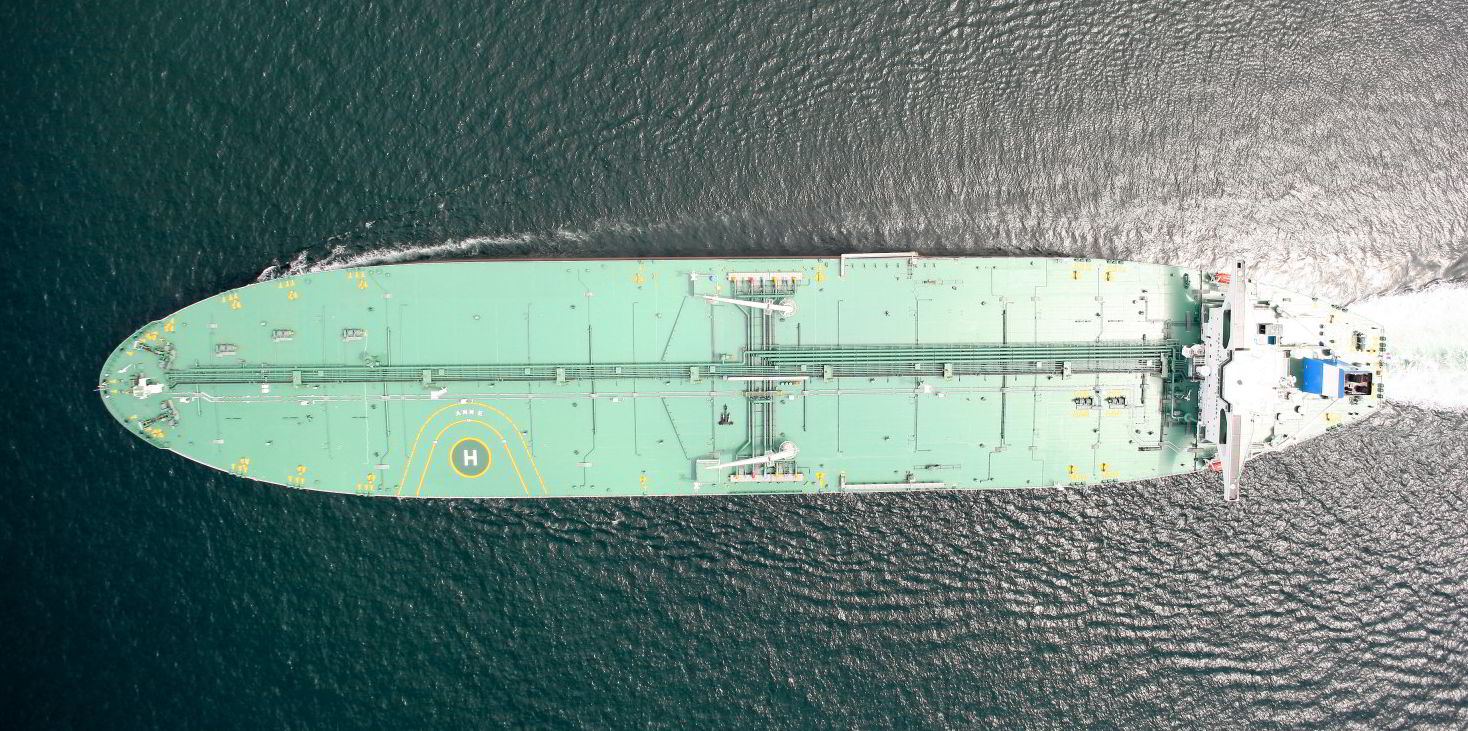Nordic American Tankers is trumpeting fixtures far stronger than those quoted in the current down market.
Chief executive Herbjorn Hansson said his company had fixed two of its 25 suezmax tankers at a "net time charter rate" of $17,000 per day, while broker reports suggest current earnings are less than $10,000 per day.
The first was fixed "a few days ago" for a voyage to China via the Suez Canal for 40 days with a potential extension to 60. The second is a six-month period charter extendable to seven months and was done last week.
Hansson said the rates were "strongly up" in comparison to what is being quoted in the market and represent "a strong signal for the way forward".
"The average operating costs for our ships are about $8,000 per day per ship," Hansson said.
"The two ships load the cargoes more or less immediately. Our contractual partners are first-class companies.
"Our rates ... are strongly up compared with some reports, indicating rates of $4,000 to $5,000 a day or even lower in reports produced by outside parties."
The tanker market has faltered in recent months as it deals with oil demand destruction due to Covid-19.
Clarksons reported suezmaxes on most routes fell over the course of the week ending 16 July, with a ship sailing from the Mediterranean east earning $8.9m on a lump-sum basis, down from $9.15m the week prior.
On average, a suezmax without a scrubber earned $3,207 per day, the shipbroker said.
On Monday, Howe Robinson said the suezmax tonnage list in West Africa and the Middle East Gulf had tightened to start the week, but that there needed to be "a significant increase in enquiry" if rates were to rise.
Four of the five routes it assessed were reported to be below zero, with a Malta to Singapore journey earning -$619 on a time charter equivalent basis.
Nordic American Tankers' fixtures appear to have come before the news Opec+ had agreed to boost production by 400,000 barrels per day beginning in August, raising the global supply of oil amid rising prices.
The increase in supply is forecast to be a catalyst for tankers as many expect demand for travel to rise as Covid-19 vaccinations become widespread.







